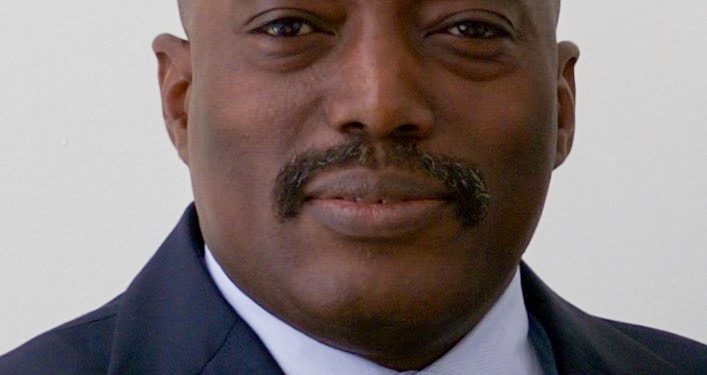By Hassan Osman Kargbo
Former President Joseph Kabila has returned to the Democratic Republic of Congo (DRC) for the first time in two years, landing in the eastern rebel-controlled city of Goma. His surprise appearance has sparked fresh political debate and controversy, as it follows closely on the heels of a Senate decision to strip him of immunity amid allegations of links to the M23 rebel group.
Kabila’s arrival was confirmed by both rebel spokespersons and a youth leader from his political party, the People’s Party for Reconstruction and Democracy (PPRD). The 53-year-old, who ruled the mineral-rich country for 18 years before stepping down in 2019, has not made any official statement since his return, but his presence in a region at the centre of a protracted conflict raises serious concerns.
His return comes amid rising tensions between the Congolese government and M23 rebels, who have seized swathes of territory in North Kivu Province and continue to clash with government forces. The group, which the United Nations and the Congolese government claim is backed by Rwanda, has escalated its military activities in recent months.
Earlier this month, the Congolese Senate voted to lift Kabila’s immunity from prosecution, citing alleged evidence linking him to financial and logistical support for M23. The decision marked a dramatic shift in the country’s political landscape, as Kabila had long been seen as an untouchable figure within the Congolese elite.
Kabila has consistently denied any association with the rebel group. In a rare public statement released shortly before his return, he criticized the DRC’s justice system, claiming it was being “exploited for political ends” and warning against what he described as “targeted persecution disguised as legal processes.”
Observers say Kabila’s presence in Goma — a city currently under the influence of the same rebels he is accused of supporting — may embolden M23 fighters and further complicate efforts for a peaceful resolution to the ongoing conflict.
“This is a provocative move at a very sensitive time,” said a regional analyst based in Kinshasa. “Kabila’s arrival in Goma, rather than in Kinshasa or another government-held area, could be interpreted as a political statement or even a show of defiance.”
The DRC government has not yet officially responded to Kabila’s return, though several lawmakers have called for his immediate arrest and interrogation. Civil society groups have also expressed alarm, urging international actors to closely monitor developments in Eastern Congo.
Kabila came to power in 2001 following the assassination of his father, Laurent-Désiré Kabila, governed through a period marked by persistent conflict, allegations of corruption, and controversial elections. Since stepping down, he has remained a powerful political figure behind the scenes, though his influence has waned in recent years under President Félix Tshisekedi’s administration.
As security tensions rise in the east and political rivalries deepen, Kabila’s re-emergence could dramatically shift the country’s already fragile political and military balance. The coming days will be crucial in determining whether his return signals a new chapter in DRC politics—or a dangerous escalation in an already volatile situation.













